What’s happening?
The centre-right Christian Democratic Union (CDU) in Berlin is exploring new options for using ‘Tempelhofer Feld’ as a site for new housing. Specifically, it wants to hold a new referendum on designating certain parts of the former 360-hectare airfield-turned-green space for housing construction.
German public broadcaster RBB was the first to report on the results of a closed-door meeting held by the Berlin CDU parliamentary group in Warsaw over the weekend. Among other topics, the Christian Democrat deputies passed a paper confirming their intention to put the issue of building on Tempelhof to a public vote.
In doing so, the ruling CDU-led coalition, with the Social Democrats (SPD) as the junior partner, is reviving an issue that many thought was done and dusted.
In 2014, a citizens’ initiative succeeded in thwarting the Senate’s plans to designate certain sections of the field for construction projects. 64 percent of voters rejected the proposal, ensuring that the entire field would be preserved. This commitment is now beginning to crumble.
READ ALSO: Berlin voters reject Tempelhof development
Why is the CDU reviving the issue?
After winning the Berlin state elections in February this year, the new CDU mayor, Kai Wegner, announced his intention to reopen the Tempelhof issue.
Dirk Stettner, head of the Berlin CDU parliamentary group, told RBB, that this is because the housing situation in Berlin is drastically different now compared to 2014.
“There is an unprecedented demand,” he added, referring to the severe housing crisis the city is currently facing. In light of this, new options for creating housing have to be considered, he said.
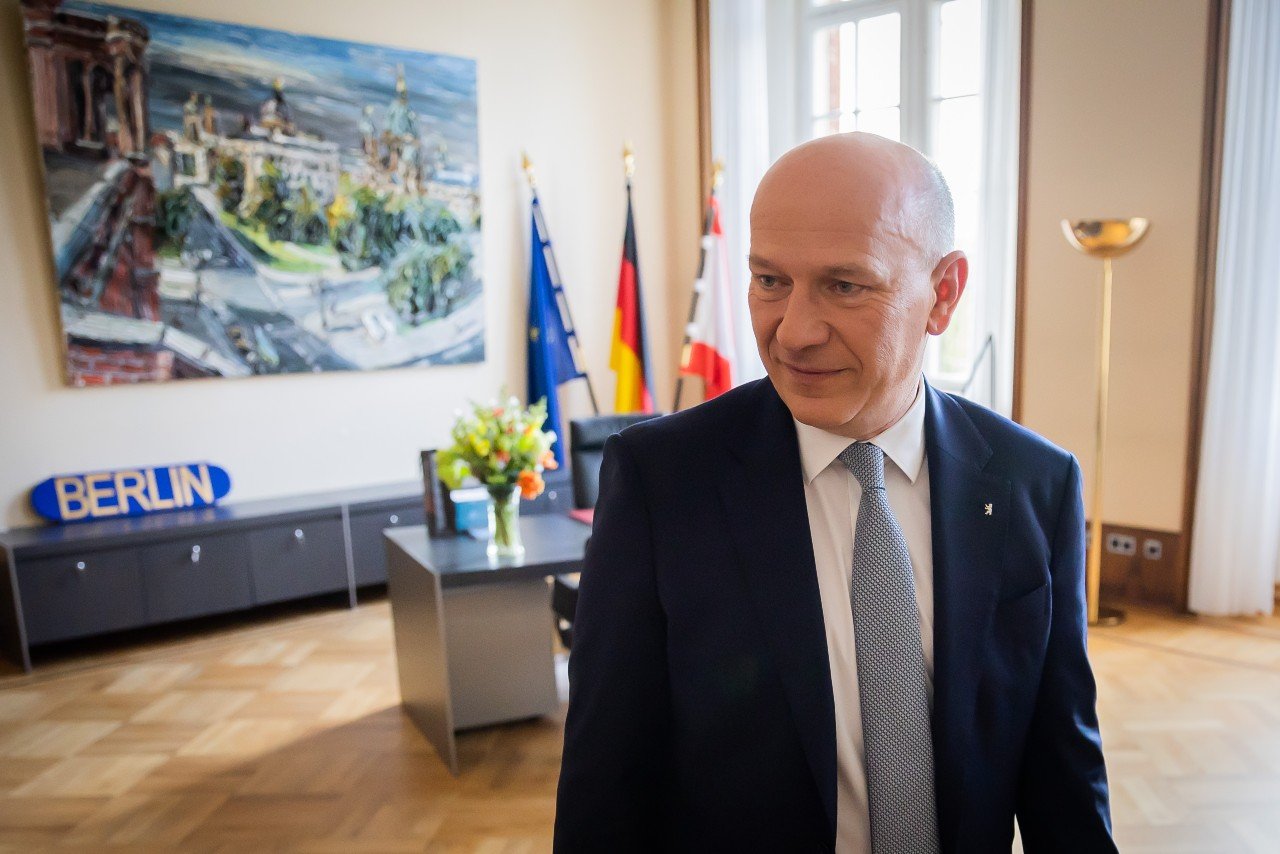
This second attempt to develop the parkland also became part of the coalition agreement that Wegner’s Christian Democrats signed with ex-mayor Franziska Giffey’s Social Democrats. But while the coalition agreement spoke only of a “re-evaluation” of the possibility by the population, the CDU is now pushing forward with a more concrete proposal.
What remains unclear is whether a political party can bypass the collection of signatures usually required to initiate a referendum. If the CDU’s approach is deemed inadmissible, Stettner advocates finding other ways for citizens to participate in the issue.
Similarly, Wegner’s government hasn’t presented any clear plans for the extent to which they want to determine the limits of space for housing projects. The two coalition partners have frequently floated the term “behutsame Randbebauung”, which can be translated as a “careful development at the edges” of Tempelhofer Feld.
CDU politician Christian Gräff holds that the outskirts of the airfield are already covered in concrete, such that a construction plan that would leave much of the green space intact would be possible.
“We are talking about a careful development.” SPD minister for urban planning, Christian Gaebler, told RBB24 Abendschau.
“It will have to be done in such a way that the current functions of the field for providing leisure and regulating the city climate remain intact.”
What measures have already been taken?
In 2014, the successful campaign against further construction at Tempelhof Feld was enshrined in state law.
But two years later, the law was amended for the first time to allow the construction of a temporary refugee shelter on the northern edge of the site. According to the current legislation, the container settlement can only remain in place until 2025.
In order to circumvent this restriction, the Berlin government decided last week to further amend the law. In addition to extending the lease for accommodating refugees until 2028, the new law will allow for the expansion of the shelter.
Critics fear that the amendment could set a precedent for further real estate development at Tempelhofer Feld.
However Stettner denies these allegations. “Developing the edges of Tempelhof is another topic that has nothing to do with the amended law,” he told RBB.
So what happens next? That remains unclear. But it’s fair to say that many Berliners will be watching this story closely.

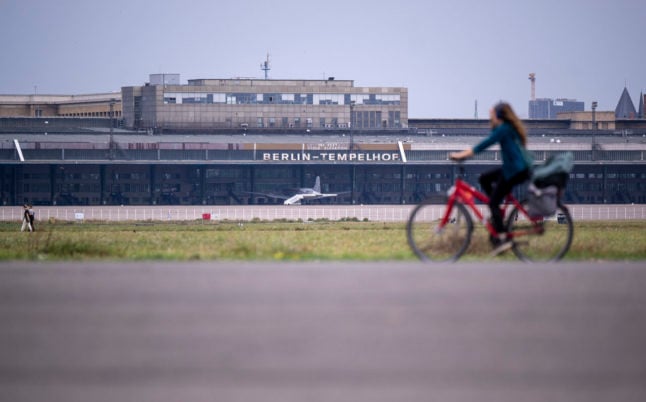
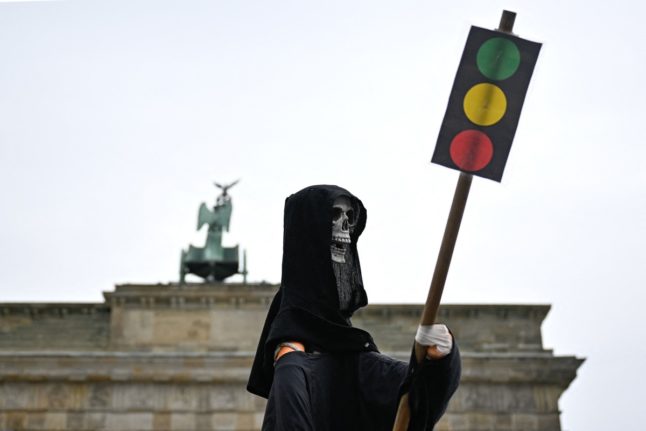
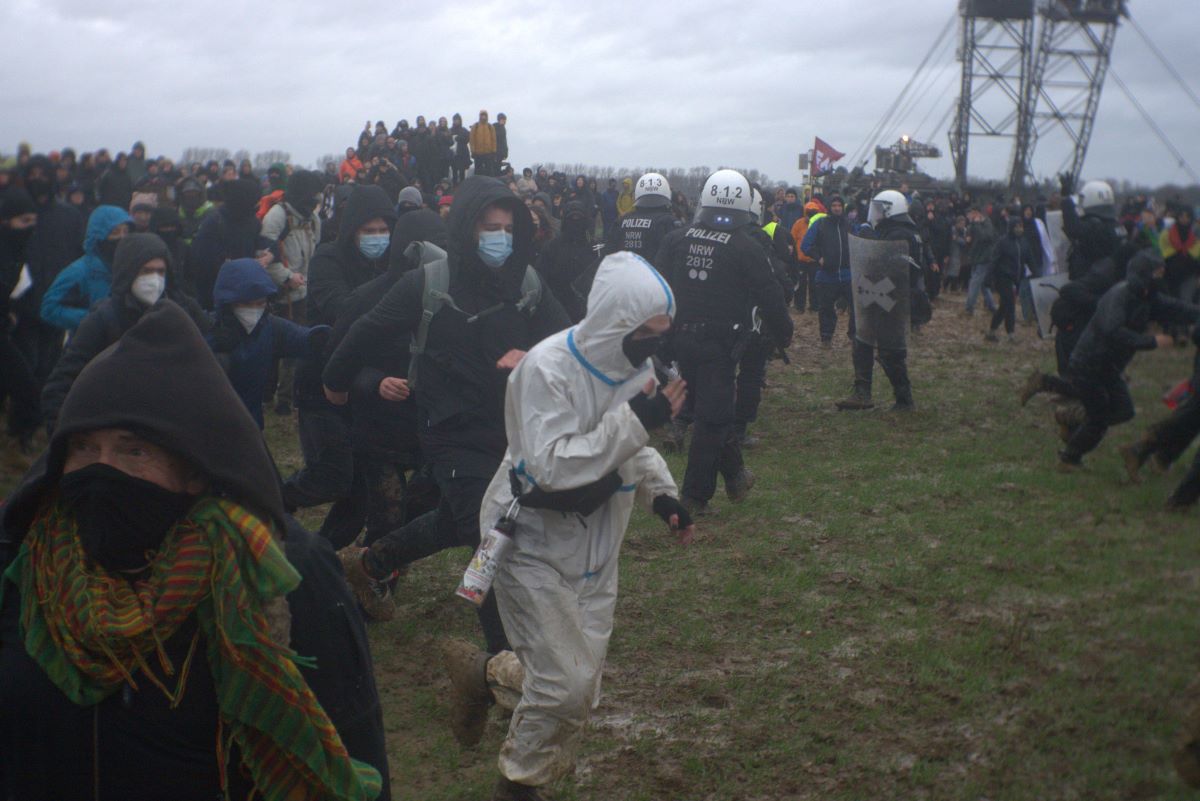
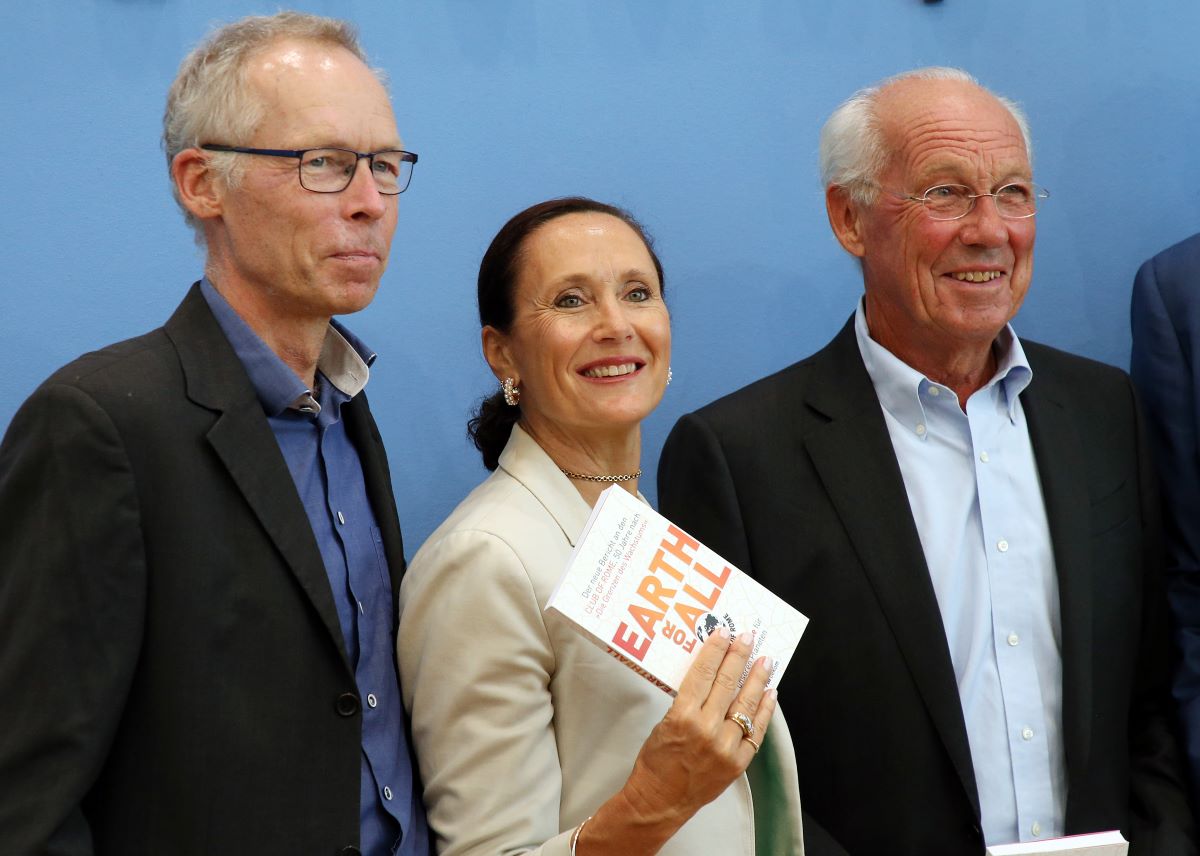
 Please whitelist us to continue reading.
Please whitelist us to continue reading.
Member comments